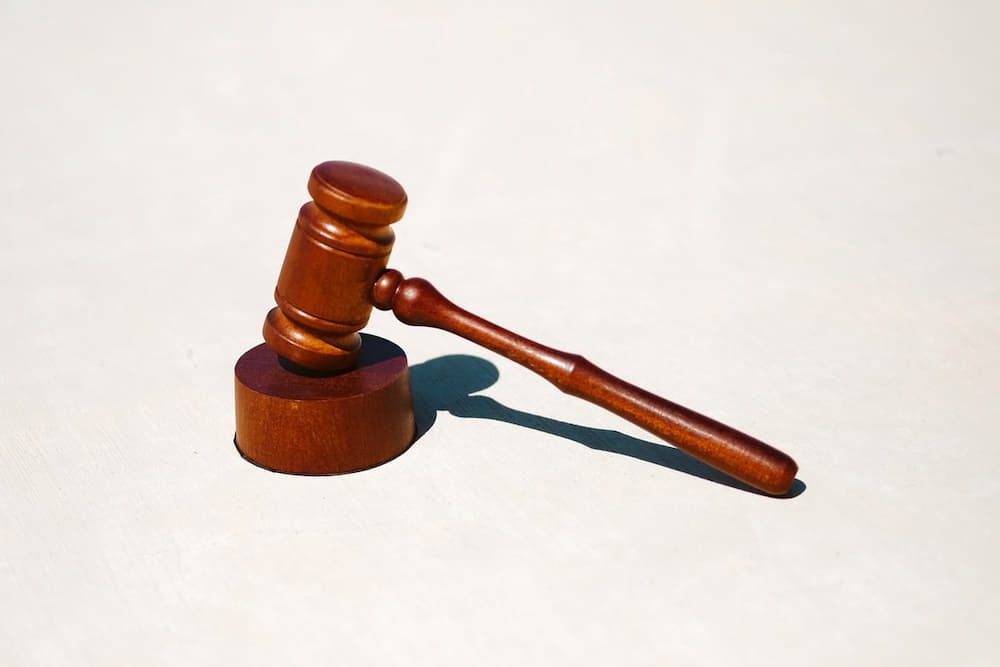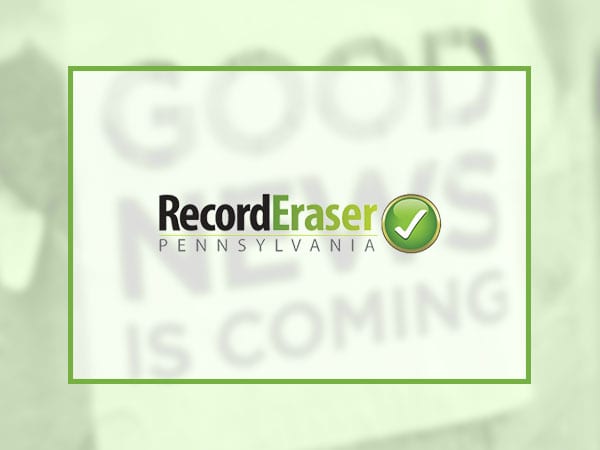
Generally, when a person is convicted of a felony, you can’t get a job, apply for housing or even volunteer without confronting the consequences of your criminal record. Yet there is still hope for those who have criminal offenses to get an eligible felony record cleared and move on from their past mistakes!
In the United States, certain types of criminal records can be expunged by a judge or court. An expungement removes arrest records and/or criminal convictions from your past entirely as if they never happened.
From 2019 to 2022, nearly every state updated its laws to ease expungement and sealing, broadening eligibility, shortening waiting periods, and lifting barriers. This shift marks a significant move towards empowering individuals to overcome past mistakes and embrace new beginnings.
This piece dives deeper into the journey of clearing one’s Pennsylvania criminal record, offering hope and clarity. With a blend of experience, advice, and practical steps, we aim to illuminate the path for those ready to leave their past mistakes behind.
Table Of Contents
What’s the Difference Between Getting My Record Expunged and Pardoned?
The Difference Between Expungements and Pardons
Am I Eligible for a Pardon or Expungement Process? Who Qualifies?
Are There Any Alternatives If I Don’t Qualify?
What Is the Process for Applying For A Pardon?
What’s the Difference Between Getting My Record Expunged and Pardoned?
Many different types of records can be expunged, including criminal ones. It depends on your specific situation and what you want to accomplish with the pardon or record clearing process. Any misdemeanor or felony conviction must receive a Pardon from the Governor of Pennsylvania before it can be expunged.
The Difference Between Expungements and Pardons
Expungement: Expungement is the process of clearing summary offenses as charges you were not convicted of. It is relatively quick, taking only a few months from the time they are initiated to the time the felony record expungement is cleared.
Some of the criminal charges that can be expunged in addition to those that the Governor has pardoned are as follows:
- Summary of offenses that are over five years or old
- Charges that were dropped, dismissed, or nolle prossed, as well as an underage drinking offense
- Juvenile charges after you reach the age of 21
Pardon: Any misdemeanor or felony conviction must be pardoned before it can be expunged. A pardon is a much longer process that can take up to two years as it has to be filed with the Governor’s Board of Pardons. A pardon allows an expungement to be filed the pardon is granted. It includes documentation of the crime, explaining why it occurred, what they have done with their life since then, and how it is holding them back. The Governor’s Board of Pardons must vote on the application – three our of five votes are needed for it to be recommended to the Governor. The Governor is the 6th vote.
Am I Eligible for a Pardon or Expungement Process? Who Qualifies?
Pardon: If you have a misdemeanor or felony conviction, you need a pardon before it can be expunged. A pardon, when granted, is what allows an expungement to be filed. Then, the pardoned conviction can be removed from someone’s record. It includes documentation of the crime, explaining why it occurred, what they have done with their life since then, and how it is holding them back.
Below are those who are eligible for the expungement process:
- Those who had their charges dismissed, withdrawn, or nol-prossed
- Those with ARD and ‘Section 17’ dispositions and with juvenile records
- Those over the age of 70, as well as those who have been dead for three years
- Those who have been convicted of underage consumption
- Those who have had their convictions pardoned
Eligible expungements cast a wide net, embracing summary offenses that have aged over five years, withdrawn charges, dismissed cases, and even underage drinking offenses for those who’ve reached the milestone of 21. Additionally, the door to expungement opens for juvenile records post-21, under certain criteria, mapping out a clear route for those questioning their eligibility.
Are There Any Alternatives If I Don’t Qualify?
Delving into other options, the PA Clean Slate law has long been a ray of hope, making it possible for certain misdemeanors and summary offenses to be concealed after a decade. Now, with Clean Slate 3.0’s launch, its scope is broader, offering an even stronger foundation for individuals aiming to leave their past behind.
This latest enhancement automatically seals minor and low-level offenses, significantly improving access to job and housing opportunities for countless individuals once stuck in a challenging cycle. However, it’s vital to acknowledge that this process, while transformative, has its boundaries. Learn more about Clean Slate 3.0 here >
Several other alternatives are available if you want to know how to clear a felony offense record, depending on the severity of the offense and the length of time since the crime occurred. These are as follows:
- Limited Access: Seals your qualifying misdemeanor record from public view but does not expunge it.
- Act 134: This authorizes the courts to expunge a summary offense without the Governor’s pardon.
What Is the Process for Applying For A Pardon?
Embarking on the pardon journey demands a detailed recounting of one’s story — the incident, its repercussions, and the strides made since. This paints a picture for the reviewing board and sets the stage for why a pardon is the key to unlocking a future free from the shadows of past deeds. Pardons are needed for any felony or misdemeanor convictions, regardless of whether they have been sealed, or not.
To apply, a person must first go through the application process. The process for applying to pardon a felony or misdemeanor record is as follows:
- The application form needs to be filled out and submitted.
- A background investigation will then take place.
- Notifications are sent out once all paperwork has been processed.
- You must attend a hearing where the Board of Pardons votes on the application.
- After receiving the recommendations, the Governor decides who gets pardoned.
Conclusion
The good news is that you don’t have to go through this process alone. Let us guide you through the complicated legal system and ensure everything is done correctly for your case. Don’t let yourself become another statistic. Contact us today and find out if you qualify for an expungement or pardon. It could change your future forever.
When you partner with our PA Expungement attorneys, you get:
- 30+ years of legal experience
- Specialized relationships with key legal partners
- Our process to research, advise and file PA Expungement petitions, and Pardon Applications.
But most importantly, you get fast PA felony record expungement filings that end in better results.
Erase My Record
"*" indicates required fields




